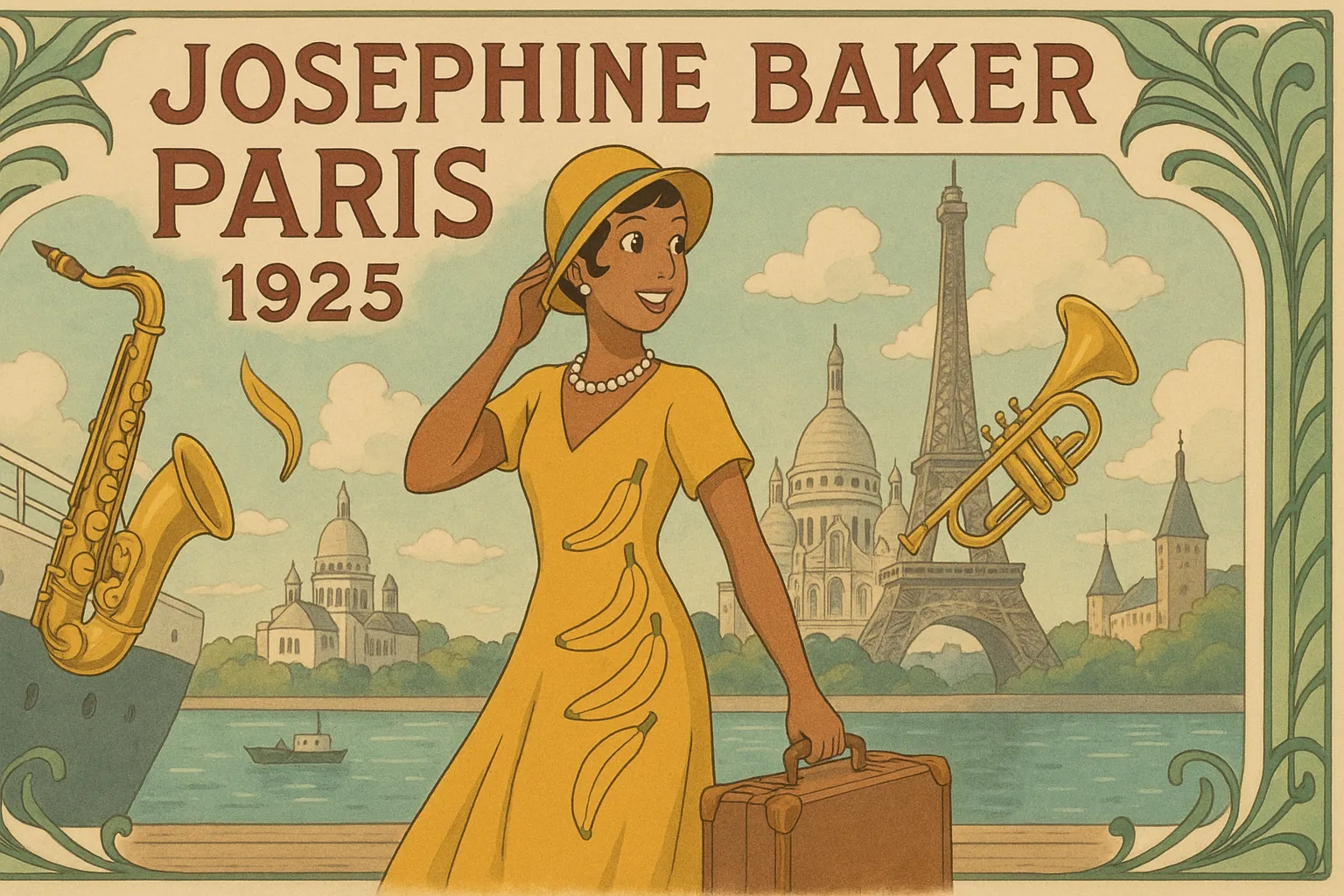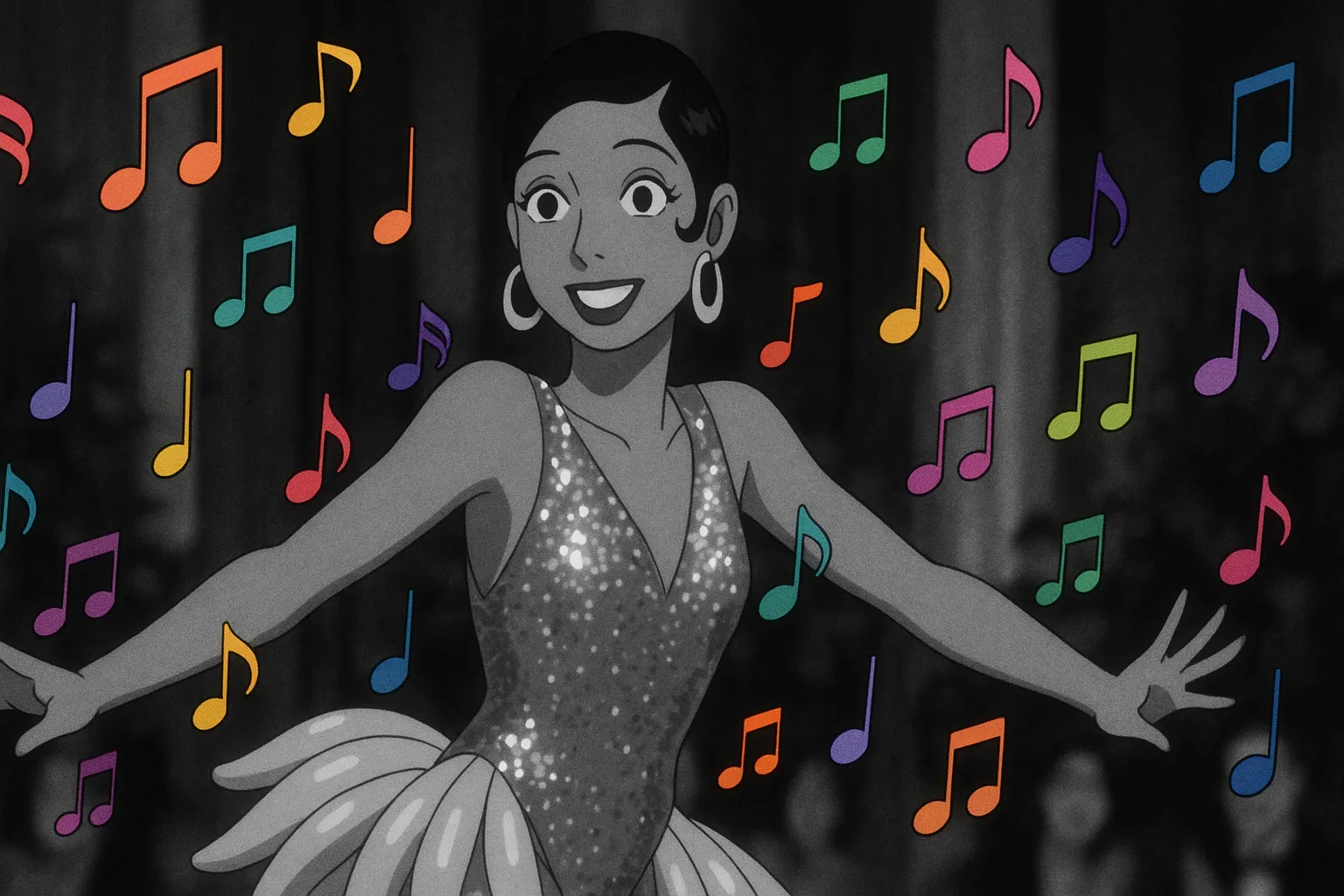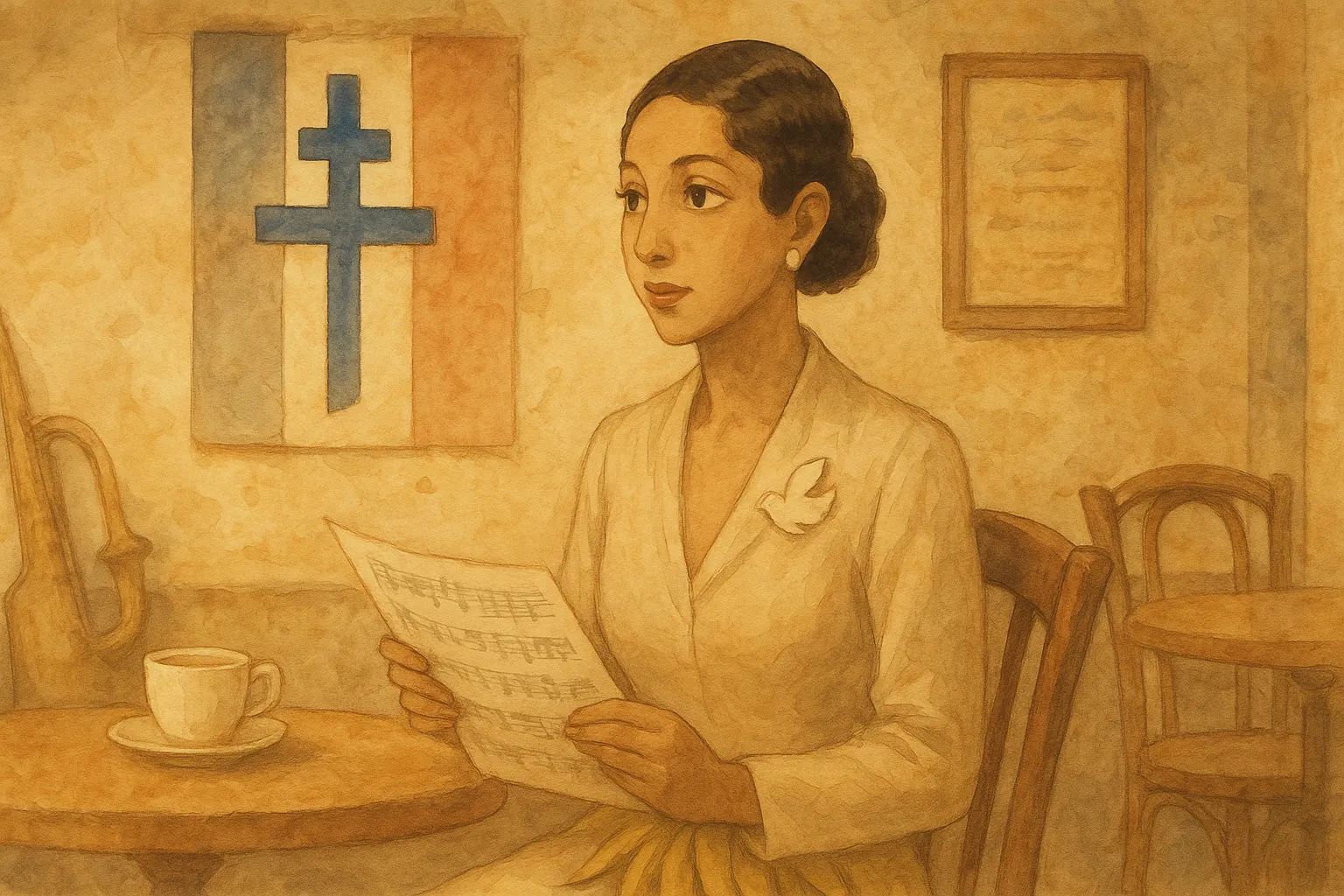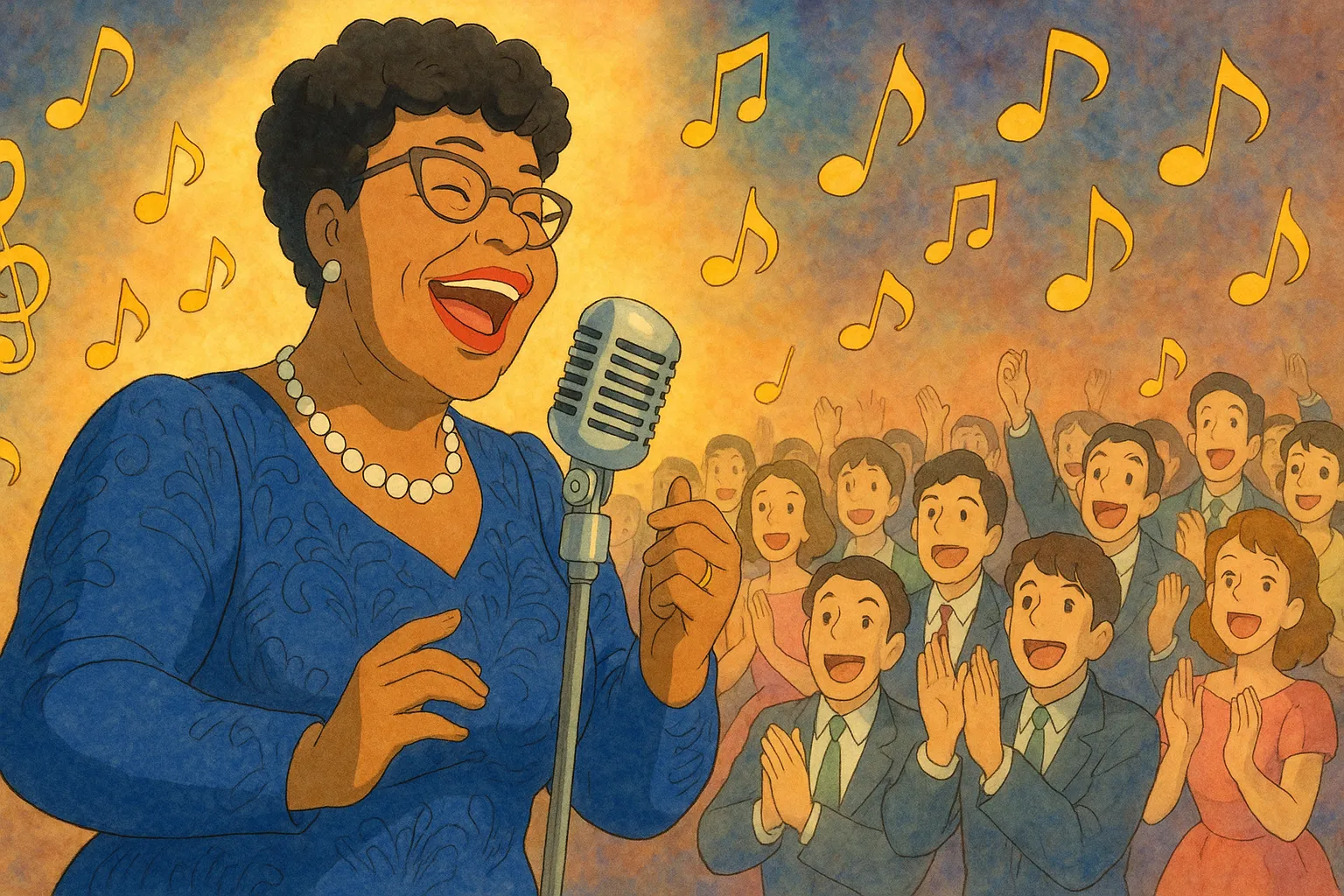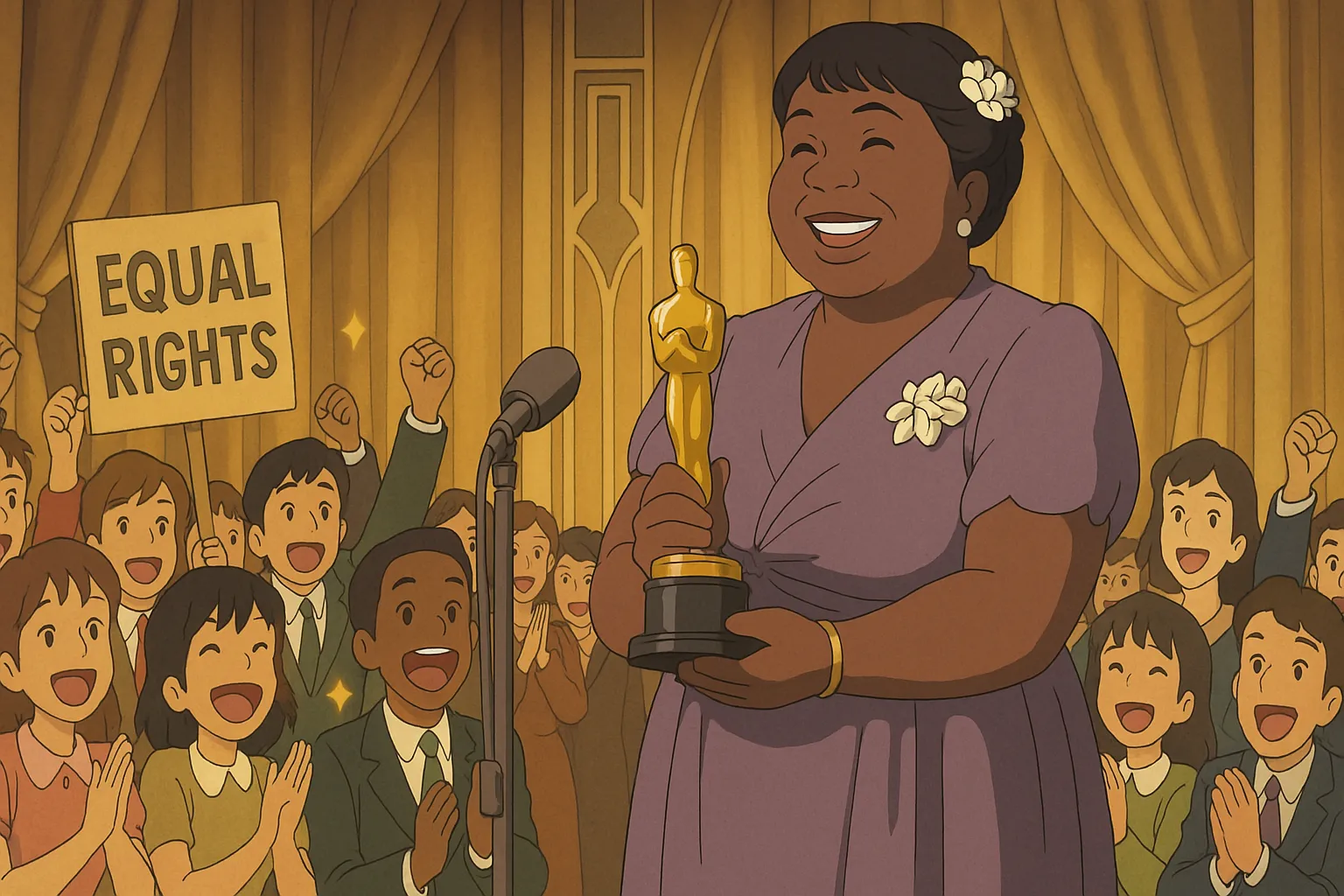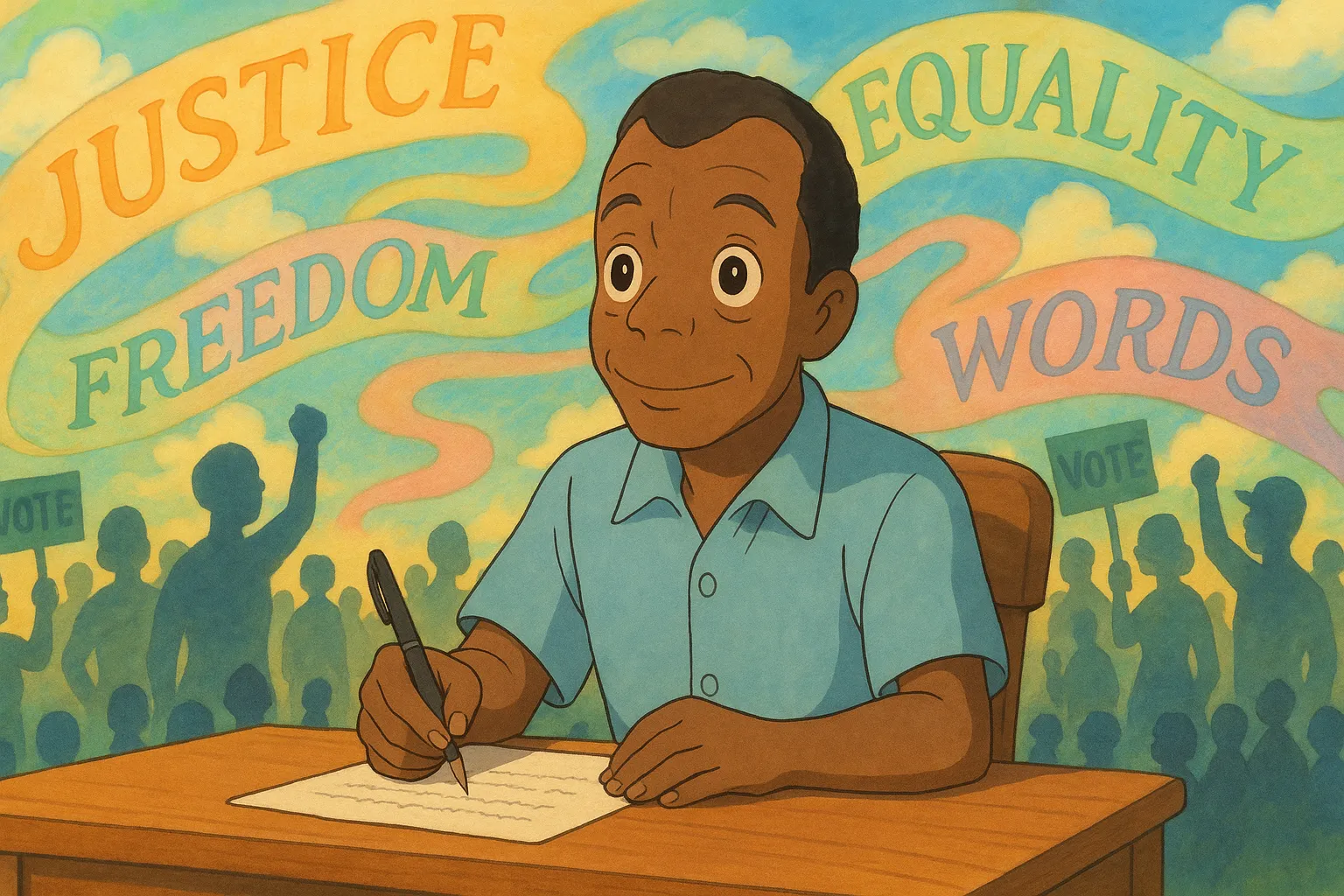
Frequently Asked Questions
What was Josephine Baker's birth name?
She was born Freda Josephine McDonald. She later took the stage name Josephine Baker early in her performing career.
Did Josephine Baker have children?
She adopted a large, international family known as her “Rainbow Tribe,” bringing together children of different backgrounds to promote racial harmony.
What was Château des Milandes?
Her country estate in Dordogne, France, where she raised her adopted children, hosted guests and performances, and later became a public site celebrating her life.
Was she officially honored for her wartime work?
Yes. France awarded her honors for her Resistance efforts, including distinctions such as the Croix de Guerre and recognition from the Légion d'Honneur.
Did she take stands on segregation and racism beyond the March on Washington?
Yes. She refused to perform for segregated audiences in the U.S., used her fame to speak against racism, and supported civil rights causes throughout her life.
Was Josephine Baker married?
She had multiple marriages and many important personal relationships. Her private life reflected the same independence and nonconformity as her public persona.
How and when did Josephine Baker die?
She died in 1975 in Paris after collapsing. Her funeral drew a large public outpouring, reflecting her impact in France and around the world.

